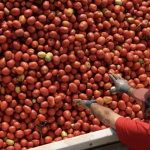Diversified Cropping Systems Enhance Nitrogen Supply but Fail to Boost Soil Carbon, Study Finds
Added 12 months ago
By Hawke's Bay Future Farming Trust
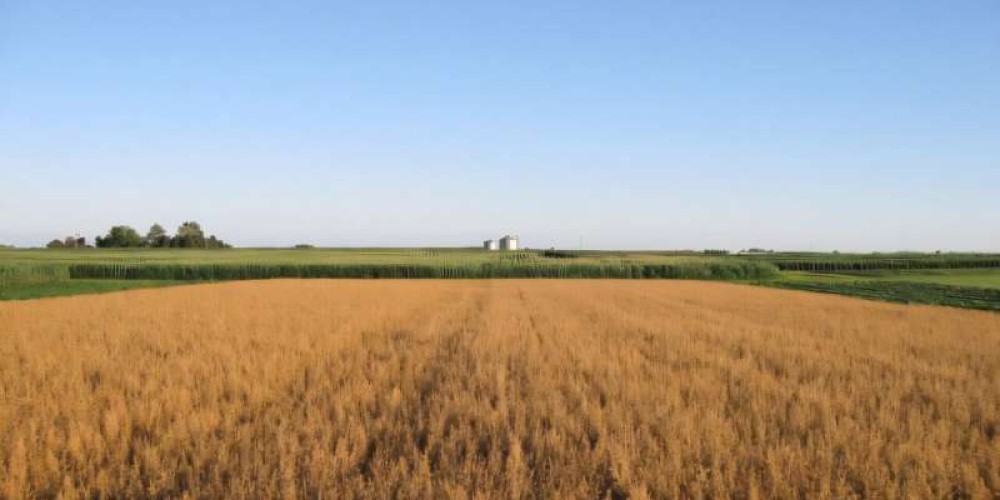
A new study led by researchers at Iowa State University reveals that while longer and more diverse crop rotations fertilized with livestock manure offer numerous environmental benefits, they do not contribute to carbon sequestration.
Published in Nature Sustainability, the findings challenge long-standing assumptions and could impact carbon-market strategies aimed at mitigating climate change, according to Wenjuan Huang, assistant professor of ecology, evolution, and organismal biology.
"In diversified cropping systems, we see higher carbon inputs, so we expected to find more carbon stored in the soil. However, over a 20-year period, soil carbon levels remained unchanged, despite the clear regenerative benefits of these practices," said Huang, a lead co-author of the study.
The research is based on long-term data from Iowa State’s Marsden Farm, where field trials since 2001 have compared traditional two-year corn-soybean rotations with three- and four-year systems incorporating alfalfa, clover, or oats. These diversified rotations also replace most synthetic nitrogen fertilisers with cattle manure.
While the increased variety of root structures and manure application introduce more organic matter into the soil, they also stimulate microbial activity. This accelerates decomposition, leading to higher carbon dioxide emissions that offset the additional carbon inputs.
Soil samples—both topsoil and deeper cores extending over three feet—revealed similar levels of organic carbon across all cropping systems. However, lab tests showed that soils from diversified systems released more carbon dioxide when incubated for over a year.
By analysing stable carbon isotopes, researchers determined that the enhanced decomposition in longer rotations was not solely breaking down new organic material. Despite corn being grown more frequently in the two-year rotation, all samples emitted similar levels of carbon dioxide from corn residue. This suggests that diversified cropping systems encourage microbes to consume older organic matter from past corn plants.
The novel isotope-tracking method used in the study could refine carbon modelling techniques and improve carbon market assessments.
"Isotopes allow us to better understand how long carbon persists in soil. Essentially, they let us ‘ask’ soil microbes what they have been consuming," said co-author Steven Hall, an assistant professor at the University of Wisconsin-Madison, who initiated and led the study while at Iowa State.
Despite the lack of additional carbon sequestration, diversified cropping systems still provide climate benefits. The faster breakdown of organic matter enhances the availability of nitrogen in the soil, particularly for corn crops. Researchers found that organic nitrogen converted into plant-accessible inorganic nitrogen at a rate about 70% higher in longer-rotation systems.
This increased nitrogen availability allowed manure to replace synthetic fertilisers, reducing nitrous oxide emissions—a potent greenhouse gas—by an estimated 60–70% in terms of carbon dioxide equivalency. This trade-off between carbon storage and nitrogen supply could be a key consideration for carbon markets, Huang noted.
"The balance between carbon accumulation and nitrogen availability is a critical factor," she said.
More information:
Bo Yi et al., Diversified cropping systems with limited carbon accrual but increased nitrogen supply, Nature Sustainability (2025). DOI: 10.1038/s41893-024-01495-4
Join the conversation
Be the first to leave a comment.
Leave a comment
All comments are reviewed before they are published on the website. Your email address will not be published.
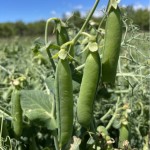
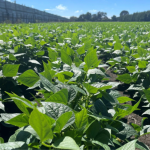
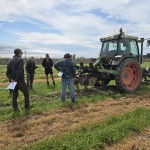
Community Engagement and Knowledge Sharing Strengthen the Carbon Positive Project
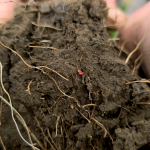
Are We Changing Soil Carbon Yet? Three Years In, the Jury’s Still Out

Farewell to Trustee Phil Schofield – A Foundational Leader of the HBFFCT
